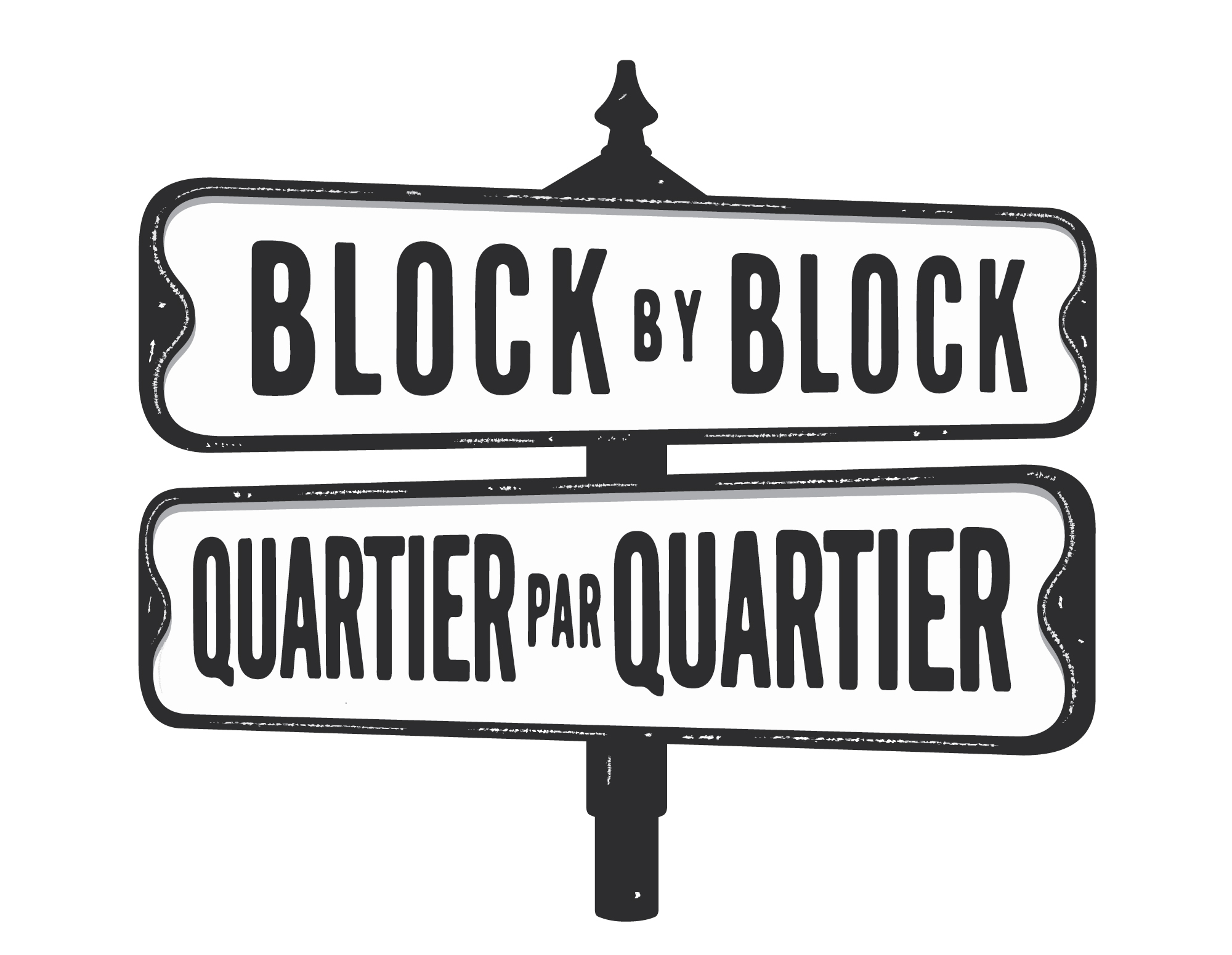Agincourt
Where Did You Get This Information From?
NEIGHBOURHOOD:

Wendy and Wenzie Ng are twin sisters who grew up in Agincourt, Scarborough, and have spent their whole lives seeing how the media uses the term “Scarborough” to evoke fear.
Wenzie: “It’s about sensationalism… Once a place has a negative label from the media to reference, it’s those titles that sell the story. If you see a news headline depicting Scarborough as “high crime” or “yet another violent act”, they do it to sell the story. They choose to use the title Scarborough to publicize the story, rather than specifying that it was this intersection, or this road of where the incident took place, which they do for other neighbourhoods.”
Wendy: “To be honest the Canadian media is very white and its values are steeped in whiteness. It isn’t an abnormality for the media to stereotype racialized communities, which Scarborough residents are from, as communities of violence and poverty. That’s the challenge when you don’t have a media team that is not diverse or critical in how stories are portrayed. It becomes an issue of whose stories and perspectives are they sharing, and often times it isn’t the perspective of those living in Scarborough.
The twins understand the challenges in disrupting and dismantling these harmful narratives. They know that having a conversation where they can critically engage with family and friends can be difficult, especially if language is an issue.
The twins share their opinions and thoughts upon discussing racial discrimination with the Chinese speaking community:
Wendy: “The challenges of engaging in a conversation on racial discrimination are due to language. Being able to communicate why anti-blackness and anti-racism and why those issues matter is difficult, when you don’t speak your mother tongue. How do you communicate the topic in profound ways when language is a barrier? With the Black Lives Matter movement, there are members of the Asian community who have translated a Google doc to help folks like us, who are the children of immigrants, to communicate why anti-blackness is terrible- to parents, extended family members, and community members. That crowdsource is a powerful tool in breaking down barriers of describing why issues of racial discrimination are problematic.
Wenzie: I don’t think it’s effective challenging the misconception with the term “challenge”, or addressing the conversation with anger and hate. I would communicate with the individual by asking questions, for example, “Where did you get this information from?” and trying to uncover the root of their biases. I think we need to understand why this hate manifested and where it comes from.
Reshaping the narrative of what Scarborough is requires the neighbourhood having full control of how their experiences and personal stories are composed. As a community, the approach to engaging in conversations on racial discrimination and violence is to have an open mind. There needs to be a deliberate choice to listen and an acknowledgment that these conversations are ongoing processes.


